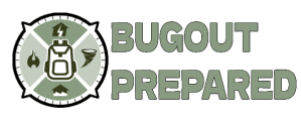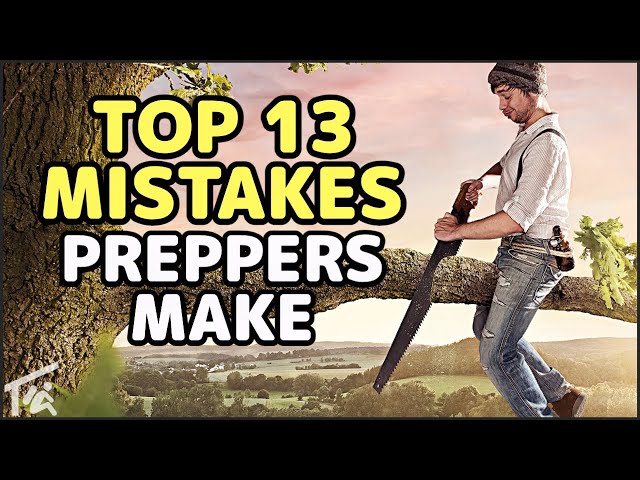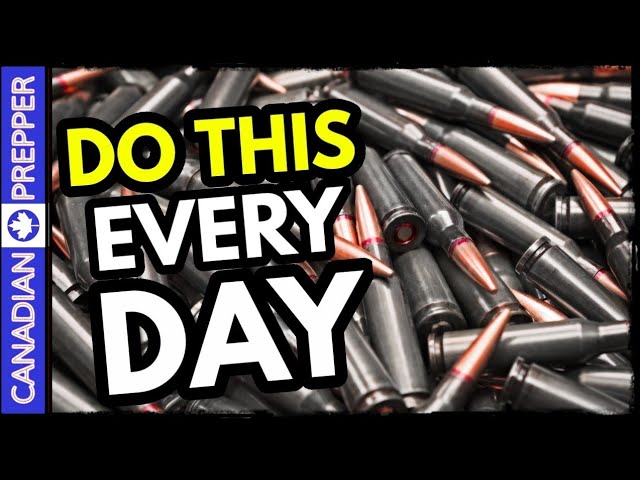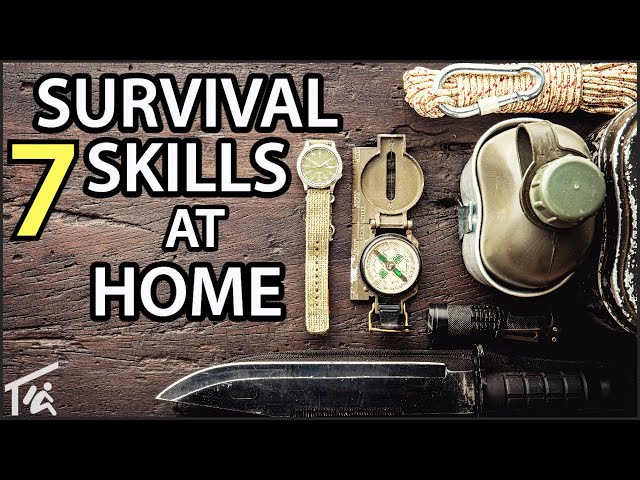
Since the National Geographic program “Doomsday Preppers” popularized prepping, people have been asking what distinguishes a prepper from a survivalist. However, while the terms are sometimes used interchangeably, they’re not always synonymous. There are as many opinions as there are preppers and survivalists, but let’s explore their broad meanings.

A prepper is anybody who is worried about being a helpless victim in the case of a natural disaster, a terror strike, or the failure of the power grid. Preppers are the resourceful “Go-To” people in their communities, stockpiling food and supplies. If something awful does happen, you want to have people like this on your team.
The word “survivalist” is often used to describe a person who is prepping in a significant way, with an emphasis on being concerned about society’s collapse. Also, because these beliefs are not new to society, it’s well entrenched in the general public consciousness. As a result, a survivalist will be more concerned with self-defense and having a “bugout location” – such as a cottage in the country – where they may withdraw if widespread riots and civil unrest occur.
The fact is that preppers and survivalists have a lot more in common than they do differences, which is remarkable since they are often characterized as polar opposites. In other words, the distinction is typically minor.
They have several things in common, including an awareness of food shortages, which might occur as a result of a variety of reasons.
Now that you’ve identified the differences between a prepper and a survivalist, you’re probably wondering what they have in common. Which one would you choose if your attitude is to be prepared, rather than being a victim? So, when you’re sitting there thinking about what you’ll do if things go wrong, how much confidence do you have in yourself that you will be able to manage it?






